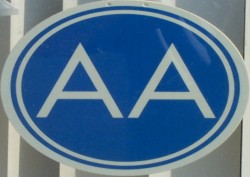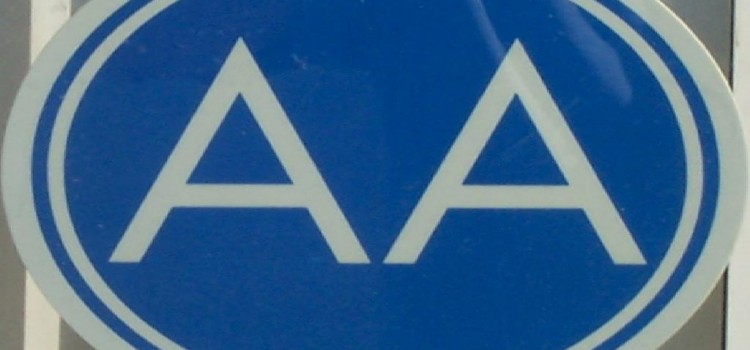The initial thing people do at Alcoholics Anonymous is claim to be powerless. Though a popular form of treatment for drug and alcohol addiction for many years, the Narcotics and Alcoholics Anonymous organizations confront heavy criticism these days from a growing number of people in the medical field. Though the program certainly does work for some addicts, admitting to being powerless can often provide a much different effect than intended: it can increase the probability an addict will return to drugs or continue to use. Further, the feeling of powerlessness is typically the reason people start drugs.
However, the support system offered through the NA and AA can be a powerful recovery tool for some people. When a person is trying to go sober, addiction impulses multiply tenfold. A support system of people going through the same situation helps an addict stay with the recovery program. The other reason such support is so important is it can help those recovering to maintain sobriety. It makes people aware of the impulses and weaknesses that led them to drugs initially. Being separated from other drug users during recovery might seem a positive conduct, but it can actually make it worse. Even for people maintaining their sobriety, it is helpful to sponsor a newly recovering addict because, again, it makes them cognizant and reminds them of where they came from and where they could go again if not vigilant.
Additionally, the NA and AA appeal to people because many addicts originate from lower income and more difficult socioeconomic backgrounds. Expensive rehab centers that have more in common with a spa resort or hotel are certainly out of reach. As a result, recovery often starts its foundations in familiar support and religious/spiritual beliefs. Because NA and AA do employ religion as part of recovery, it appeals immensely to many people. Another attractive part of the NA and AA is the inclination toward lifting the blame off of the user: it is a part of removing some of the guilt and shame felt about the addiction. For years, the organization always supported the theory about addiction being a disease.
Yet for more serious cases of addiction, such as in prisons, it is not a successful program. Instead, the penitentiary establishments tend to employ programs accentuating what causes the addiction and what to do when such triggers arise.
However, trends in scientific research could make these organizations obsolete. Since its inception, the NA and AA has always emphasized it cannot be known when cravings or relapses are going to happen, but recent work in the medical community suggests otherwise. Relapses can be tracked and usually have a kind of pattern to them. Also, the organizations might become defunct due to their insistence addiction is out of the control of an addict and must be handled one day at a time. It constructs a loophole to relapse because addicts can always have another go at recovery—another “day.” Future failures are much probable under this philosophy. Other substances abused, such as nicotine, do not require group support either, and therefore, group support might not always be the answer or necessary. Regardless, the best thing for an addict to remember is it might take a couple of attempts before locating a program that works for them. The NA and AA are just a couple of options.
